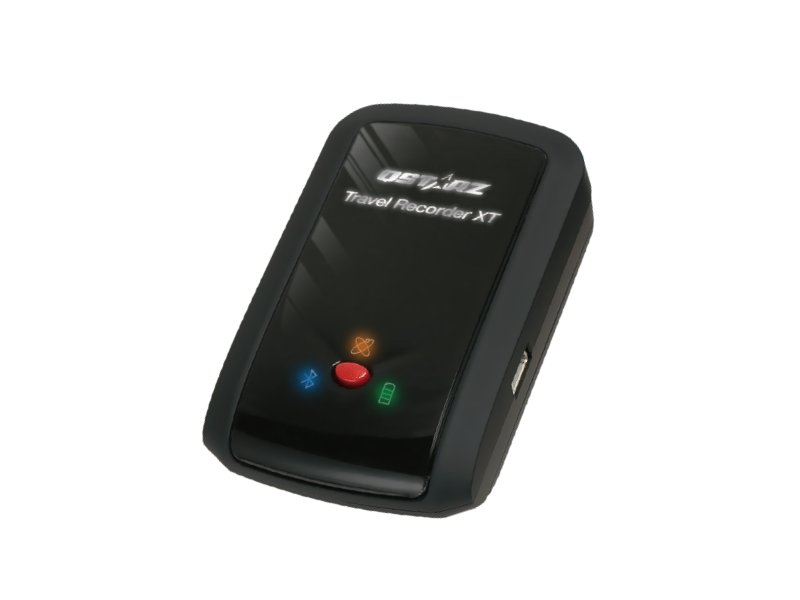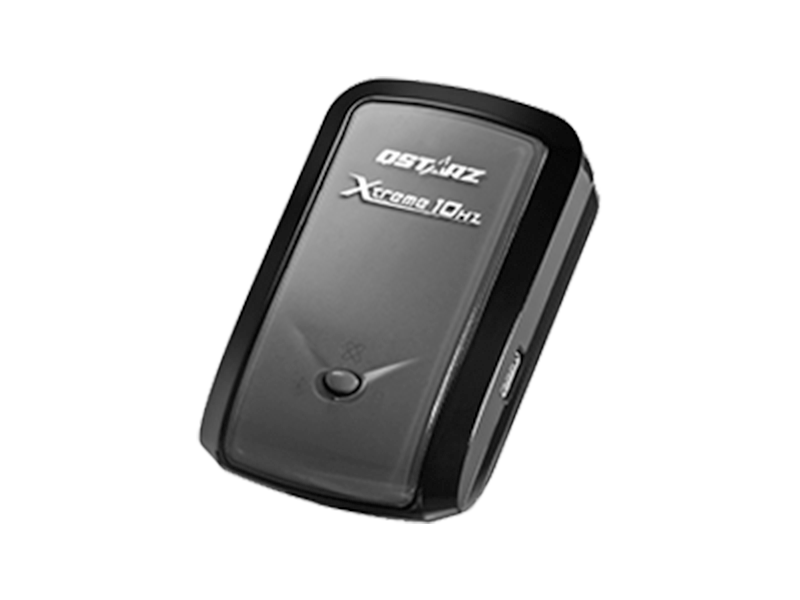

After all any programmer that creates a week number counter with 10 bits should know it would roll over in about 19.7 years from now and simply count the number of rollovers to compensate.

The GPS receiver was programmed correctly, and time smoothly marches on.Unix time is kept by counting the number of seconds from and a 32-bit counter will roll over on Janu(the so-called Year 2038 problem).
GPS WEEK NUMBER PC
A few years ago, I recall testing that showed ordinary PC clocks tend to lose several seconds in a day assuming they are isolated from an external timekeeping function. Once the controller time is synchronized, the loss of the timekeeper function means that time is kept by the processor clock. Control systems and data historians that receive data from multiple instruments may support control applications, alarm monitoring, and sequence of events applications that depend on these timestamps.Ĭontrollers or safety systems may not have a battery backed clock, so they may boot up and set the time to an arbitrary value, like the beginning of Unix time (Jan 1, 1970), until a timekeeper function updates the controller time. Such data may be buffered locally and filtered before appropriate sets of data are transmitted to central control or logging systems. Timestamping for fast sampling devices, like synchrophasors or rotating machinery vibration sensors, can collect data at up to 50,000Hz (20 microseconds) and every data sample can be timestamped and have quality data (bad, out of service) attached. Depending on system design the timekeeping accuracy for industrial systems might range below a microsecond to tens of seconds. Some control systems have a master timekeeper that periodically updates devices in the DCS network from the designated timekeeping computer, avoiding the need for each device to have its own GPS connected antenna. Local controllers in a DCS or SCADA system can synchronize a designated networked computer with a GPS timekeeping system, like IRIG B for example. This disparate data from multiple remote systems can be ordered in time to accurately show the sequence of events for trips, alerts, alarms, human intervention, or control or safety system actions. These remote devices can be connected to a central monitoring and control system or transmission and distribution SCADA system. Data collected from multiple geographically dispersed digital instruments, RTUs, IEDs, controllers, embedded systems, and PLCs that may each have their own GPS receiver and timekeeping. GPS synchronization is useful for remote sensing devices, because it does not depend on a cellular or internet connection and is reliable and accurate.

In this way all digital devices with a clock in a network can be time synchronized. The GPS time signal is converted to a UTC time format in the attached control system or measuring instrument. GPS systems need super accurate timekeeping, which is useful for the most demanding controls system time applications. The GPS signal contains a running timestamp that identifies the current week and current second within that week with an accuracy of up to 40ns. GPS receivers support a wide variety of critical grid and industrial control system functions that allow digital devices to stay synchronized in time.
GPS WEEK NUMBER SOFTWARE
Typical week number counters roll over and restart at zero, a situation that may have been overlooked by programmers and software testing. This WNRO event is based on the concern that GPS receivers have been programmed with a 10-bit counter for the week number and on typical GPS receivers that counter reaches the limit of 1024 weeks (about 19.7 years) on April 6, 2019. GPS time started on and the system design keeps time by incrementing the week numbers and seconds, from this starting time. ARC is not expecting major disruptions on the ApWNRO event, but suggests collecting an inventory of your GPS receiving devices and checking WNRO compliance with your suppliers. This won't be the first time that a GPS related Week Number Roll Over (WNRO) event has occurred, as it happened once already on Augwithout major issues reported. Like the Y2K millennial bug, there is some concern the Week Number Roll Over for GPS receivers has the potential to cause some disruption of electrical and process control systems on the rapidly approaching date of April 6, 2019.


 0 kommentar(er)
0 kommentar(er)
